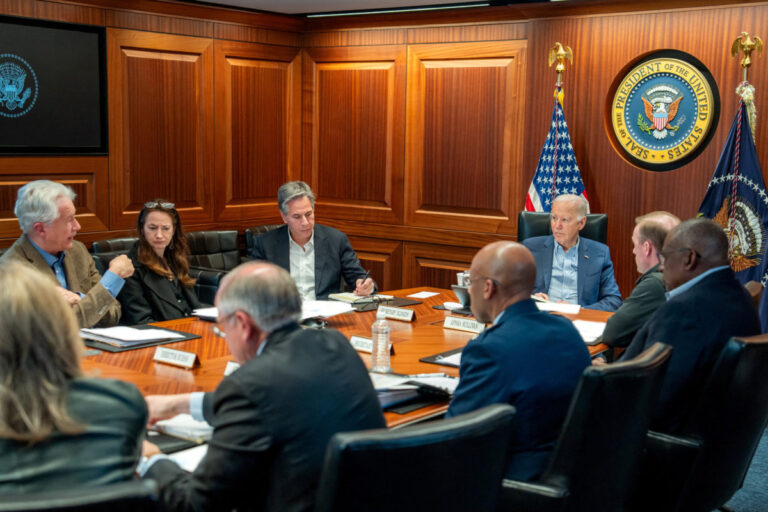 Gov. Andrew Cuomo took office four years ago promising the most transparent administration in history, but journalists and advocacy groups say his office tightly controls requests for public records on anything controversial and routinely delays or denies their release.
Gov. Andrew Cuomo took office four years ago promising the most transparent administration in history, but journalists and advocacy groups say his office tightly controls requests for public records on anything controversial and routinely delays or denies their release.
For decades, responding to requests under New York’s Freedom of Information Law was the responsibility of individual state agencies. Current and former state officials say that began to change a year into Cuomo’s administration, and now such requests are often routed through the governor’s legal counsel.
Travis Proulx, former communications director for the state Office for People with Developmental Disabilities, said the shift was a reaction to an embarrassing story — a 2011 New York Times series on abuse of the disabled in state care that was based largely on public records.
“The agency FOILs records officer became a phone operator, not the point person,” Proulx said. “All the process was taken out of their hands and their judgment and placed with the second floor,” he said referring to the governor’s offices on the second floor of the Capitol in Albany.
Since the change, FOIL officers immediately notify higher-ups in their agency, as well as the governor’s office to flag any information requests that “might not come across as favorable to the administration,” Proulx said. When all the information is compiled, it is sent to the governor’s office, and the counsel’s office reviews it.
Several current state officials backed up that account but declined to discuss it because they weren’t authorized to do so and feared punishment if they did.
Cuomo spokesman Richard Azzopardi said in a statement that state agencies do process information requests, “at times conferring” with the governor’s staff “to ensure consistent and thorough responses.”
“We strive to complete Freedom of Information Law requests as quickly as possible, taking into account the large number that are received and the fact that some are voluminous and require a thorough legal review process,” Azzopardi said, adding that they have processed 758 since the summer of 2011.
Asked what prompted this practice and how many requests are currently under review with the counsel’s office, Azzopardi declined to comment beyond the statement.
Under the law, all government records, unless specifically exempted, are public and should be made available within five business days. Written reasons for delays are due within 20 business days, as well as setting a date “within a reasonable period” to provide an answer.
Robert Freeman, executive director of the state Committee on Open Government, said there’s nothing wrong with state officials consulting with others before determining what information is public, but noted that no agency can “engage in continual delays.”
News organizations and advocacy groups say that is exactly what has happened with FOIL requests on issues as varied as hydraulic fracturing, deaths of the disabled in state care, and risks to fish in the Hudson River.
Jimmy Vielkind, Albany bureau chief of Capital New York, said his request for Cuomo’s detailed schedules around fundraisers in January and last fall were answered last week — eight months after he requested them. An initial response, after three months, pointed him to Cuomo’s publicly archived schedules on a website. Vielkind said the posted information was incomplete, and he ultimately got only a few more details.
The Associated Press’ written request in May for records on 1,904 deaths of the disabled in state care last year has been delayed three times. A December request for documents related to an initiative to send juvenile delinquents from detention to programs back home remains unanswered.
“They’re keeping information from the public they know the public may not like,” said Phillip Musegaas, the Hudson River program director at Riverkeeper. He said the group still gets some information promptly, but on a “high-profile” matter such as plans to monitor fish in Cuomo’s signature public works project — replacing the Tappan Zee Bridge — the delays have stretched for months.
Proulx, now communications director for Environmental Advocates of New York, said the group has been waiting two years for a state health study on hydrofracking and months for the Tappan Zee federal loan application.
Ken Tingley, editor of The Post-Star in Glens Falls and president of the New York State Associated Press Association, said such treatment from the state goes beyond FOILs to basic questions on breaking news stories, such as the investigation of a major gasoline leak in Hudson Falls.
“We’ve seen it in more subtle ways,” he said, “like no one ever calling you back.”
(AP)





